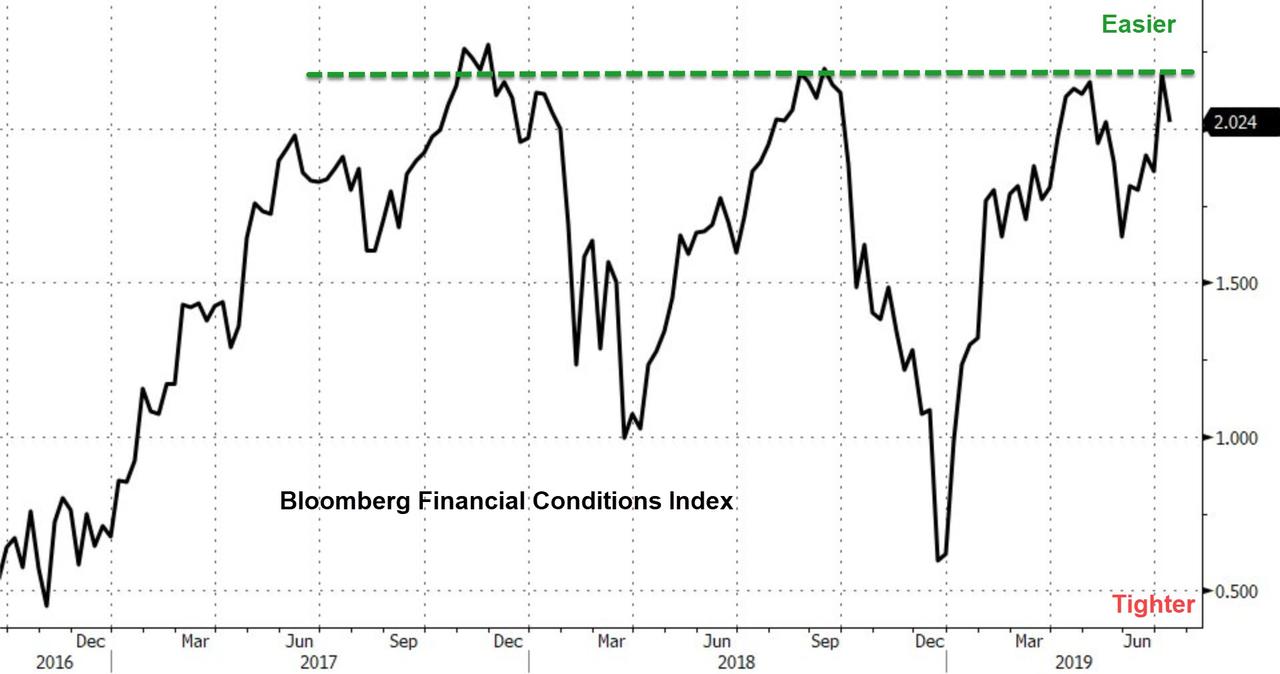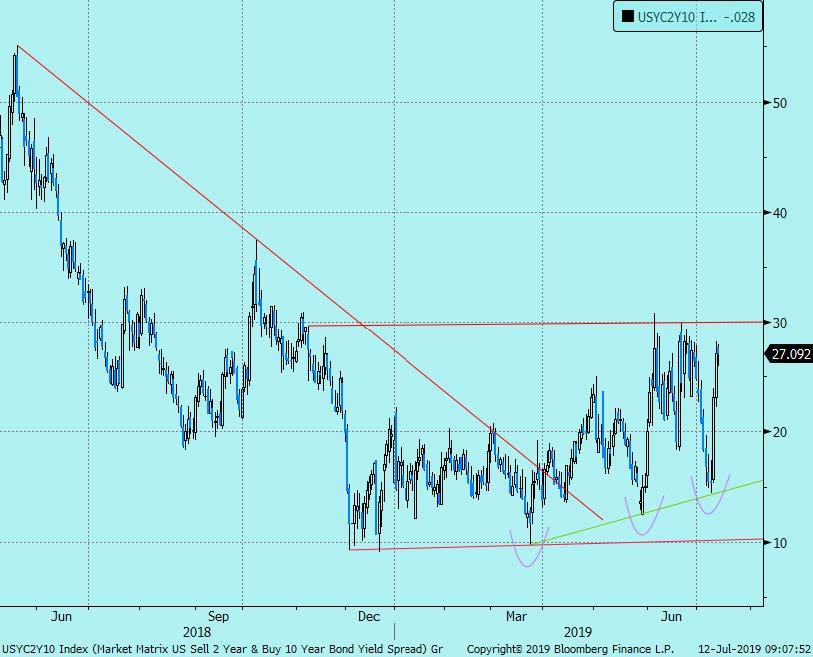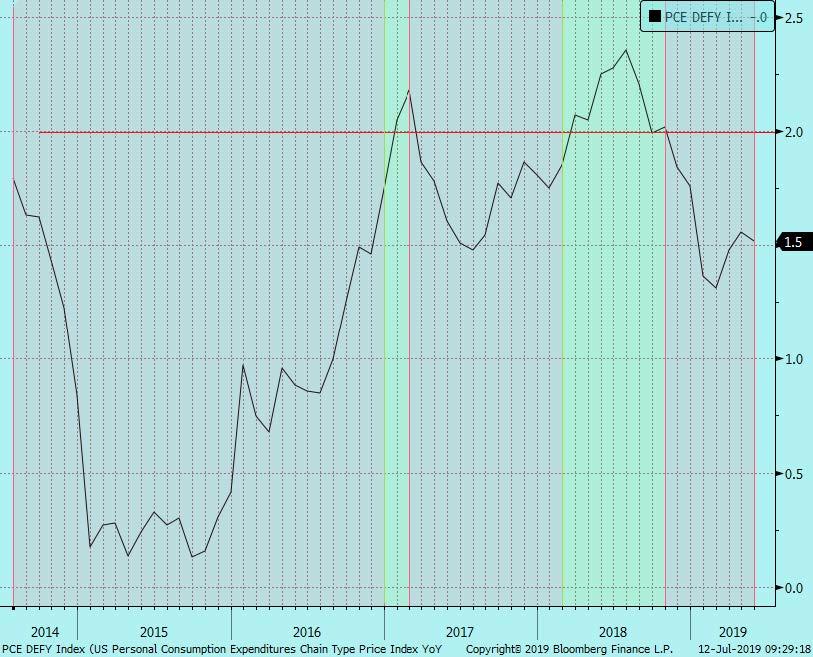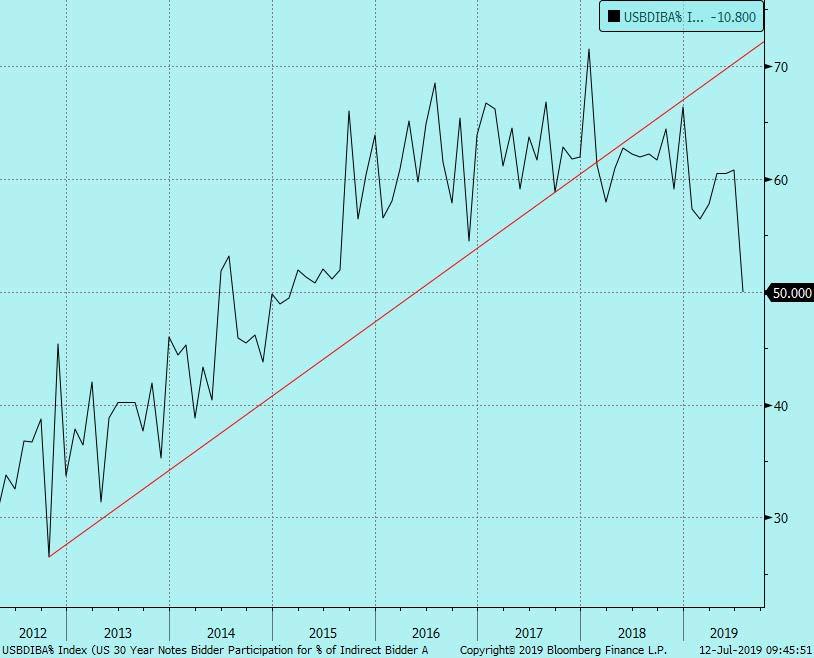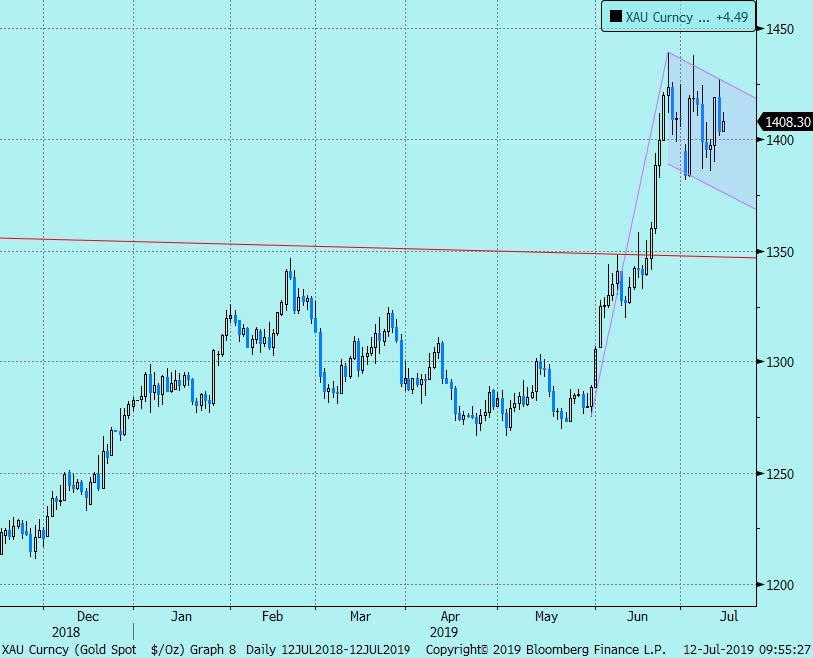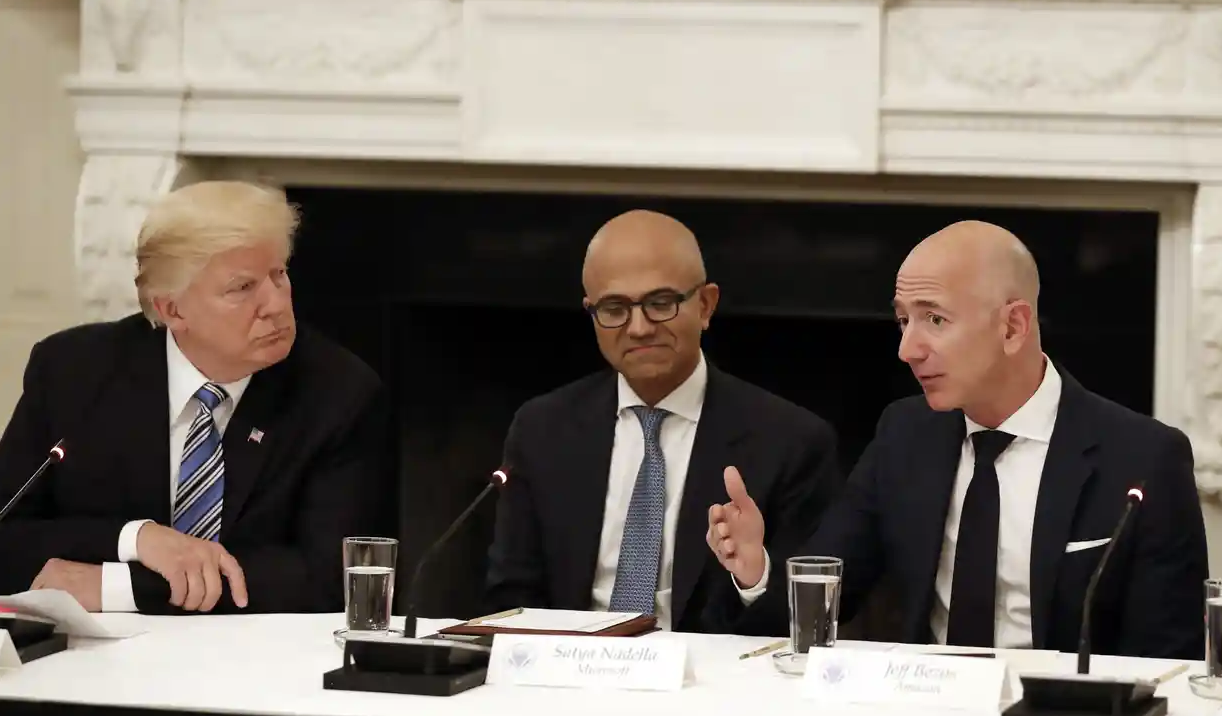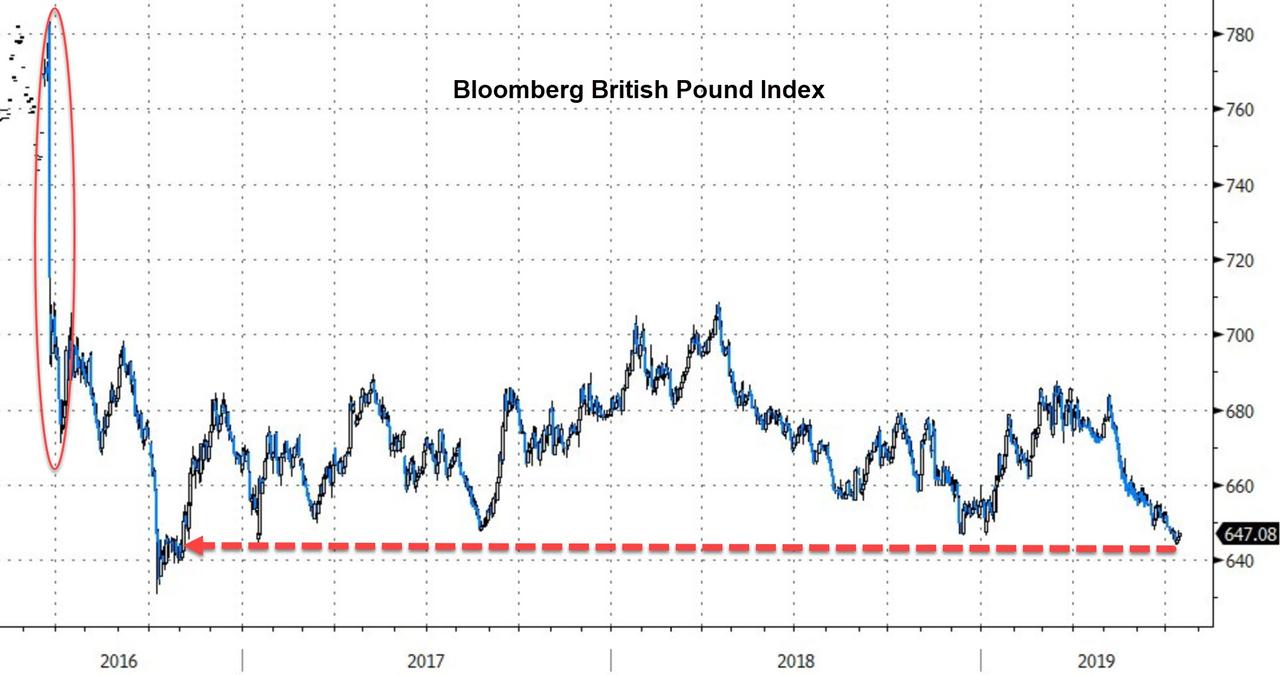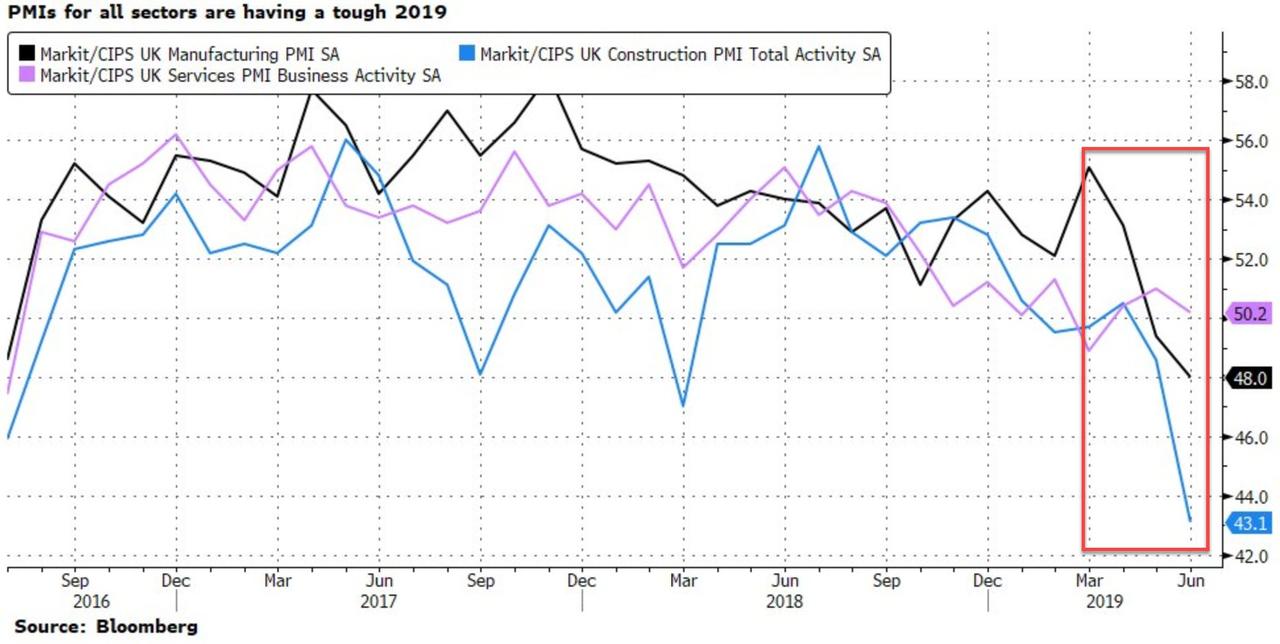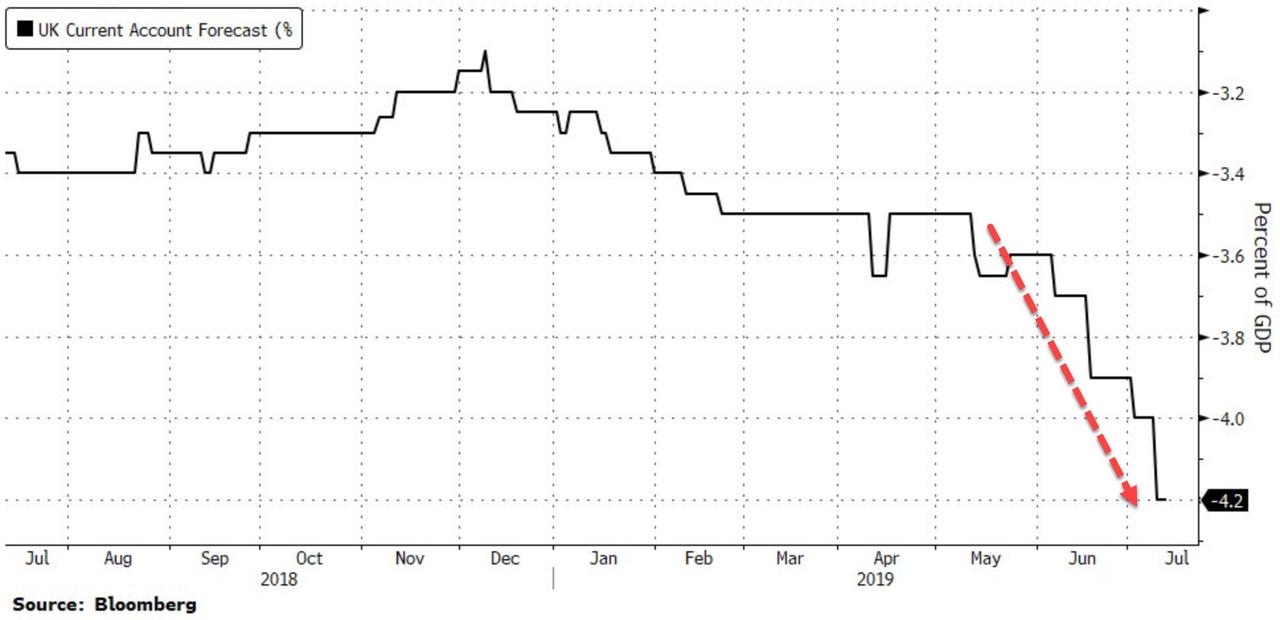Most people would be hard-pressed to remember every candidate who showed up at last month’s two-night Democratic presidential debate, must less the candidates who didn’t appear. But one contender who did not make the qualifying threshold was Mike Gravel, the 89-year-old former Alaskan senator. And all things considered, Gravel is pretty memorable: What he lacks in name recognition, he makes up for with an unorthodox and deliberately outrageous approach to politics. (His campaign, for example, is being run by two teenagers.)
Now the former senator is proposing a constitutional amendment to remove marijuana as a Schedule 1 drug, thus legalizing it recreationally on the federal level. It’s an unconventional approach to drug reform befitting of an unconventional presidential candidate, but Gravel argues that it would be the easiest way given the current congressional gridlock.
“Congress hasn’t done anything at this point in time, and it’s tough to realize whether we’re looking at another year, two years,” he tells Reason. “From my experience in the Congress, they could pretty well screw it up, and this is already unbelievably screwed up. We could immediately get a law passed in the next 30 days, but we’ve been waiting 30 days for the past three years.”
In times past, constitutional amendments have been implemented with a two-thirds vote of approval in both the House and the Senate, which then must be ratified by three-fourths of the states. But Gravel acknowledges that his plan would be a near-impossible sell if Republicans maintain control of the Senate. In that case, he says, he would take advantage of a second avenue—a constitutional convention—in which 34 states would need to gather on their own accord and agree to adopt the amendment. That route has never before been used.
Gravel compares the harmful effects of marijuana bans to the harmful effects of alcohol Prohibition. And Prohibition, he reminds us, was repealed by constitutional amendment—though only because it started with one. The 21st Amendment nullified the 18th.
“It’s an option is really what I’m saying,” says Gravel. The candidate doesn’t rule out the chance that Congress could act—in fact, he muses that the pressure of a convention could force lawmakers to come together. But he doubts that would happen. And even it if does, he worries about the poison bills and bargaining chips that could pollute the legislation.
However it pans out, Gravel sees federal action as a necessary way forward. The current state-by-state approach is a “mess,” he says, “promulgated by the fact that the federal Damocles hangs over” their heads. (When former Attorney General Jeff Sessions took office, he threatened to crack down on marijuana using federal jurisdiction, even in states that legalized it.) Gravel also rails against sky-high pot taxes, which he says have sometimes “been so horrendous that people have stayed with the underground supply rather than the legal supply.” Schedule 1 substances are subject to heavy federal income taxation, as the government prohibits (fully legal) state businesses of the weed variety from deducting a slew of business expenses. So his amendment also declares that the drug will be regulated like alcohol and tobacco.
While Gravel limits his proposed amendment to marijuana, he supports the decriminalization of all drugs. “We treat all of these drugs as criminal problems,” he explains. “They’re not. They’re public health problems.” He speaks fondly of the approach taken by Portugal, a fairly conservative country that in 2001 decriminalized all illicit substances, including heroin and cocaine. Drug trafficking there is still a criminal offense, but those caught with less than a 10-day supply get no more than a slap on wrist—a fine, for instance. The problem is otherwise considered a medical one, where individuals meet with a local commission to discuss possible treatment options. The method has been widely successful, with the nation seeing a decrease in overdoses, drug-related crime, HIV infections, and adolescent drug use.
Gravel hopes his amendment will help put the U.S. on track to something like the Portuguese model. “Once you see the success of cannabis and addressing that problem in society, then society matures with these experiences and reacts differently,” the former senator says. “If we were to succeed with this, then I think it would really lead to a legislative approach.”
Although the campaign recently announced that it might be coming to an end in the near future, it received new life with a fundraising plea made by Marianne Williamson—a fellow contender for the Democratic nomination—on Gravel’s behalf, putting him in striking distance of the 65,000-donor threshold required to make the July debates. (At the time of this writing, he is less than 3,000 short.) If it doesn’t happen, he concedes that he won’t be heartbroken. His campaign, he says, was less about ascending to the Oval Office and more about starting a conversation about the issues—something that only became a reality when David Oks and Henry Williams, the two teens at the heart of his effort, urged him to run.
“Do you realize how old I am?” he asked the boys when they approached him.
“Doesn’t make any difference,” they replied. “It’s the positions you have on the issues that are so vital to communicate.”
In addition to drug reform, Gravel wants to cut military spending in half. He also supports single-payer health care and calls for the abolition of private insurance companies.
The deadline to qualify for the next Democratic debate is July 16. If Gravel makes it, his debate appearance will represent a major shift in his campaign—and not just because he’ll have a big platform for an evening. Up until now, he has not left his house in the pursuit of his 2020 ambitions. And until the next debate, he plans to stay put.
“No party’s gonna carry me other than these kids,” he says, referring to Oks and Williams. “But I’m gonna have a patio campaign. I’m gonna sit on my patio, and see what happens.”
from Latest – Reason.com https://ift.tt/2l7jk2r
via IFTTT

